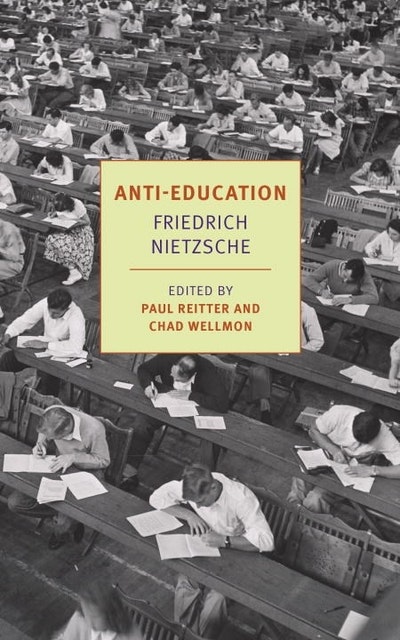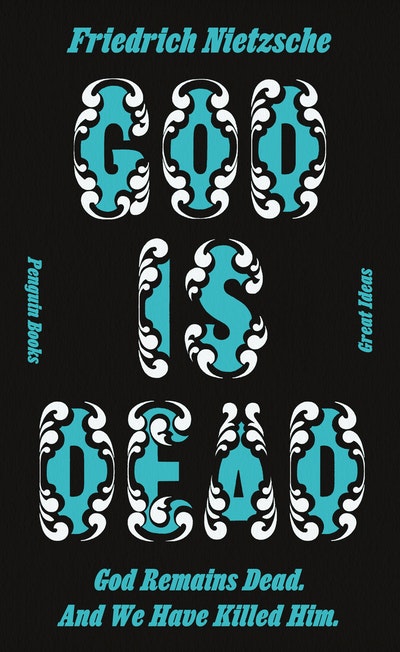- Published: 15 December 2015
- ISBN: 9781590178942
- Imprint: NY Review Books
- Format: Paperback
- Pages: 160
- RRP: $32.99
Anti-Education
On the Future of Our Educational Institutions
- Published: 15 December 2015
- ISBN: 9781590178942
- Imprint: NY Review Books
- Format: Paperback
- Pages: 160
- RRP: $32.99
"Whether we acknowledge it or not, we continue to live within the intellectual shadow cast by Nietzsche. Postmodernism, deconstructionism, cultural relativism, the "free spirit" scorning bourgeois morality, even New Age festivals like Burning Man can all ultimately be traced to him." --Francis Fukuyama, The New York Times Book Review
"Prof. Nietzsche was one of the most prominent of modern German philosophers, and he is considered the apostle of extreme modern rationalism and one of the founders of the socialistic school, whose ideas have had such a profound influence on the growth of political and social life throughout the civilized world...his doctrines however, were inspired by lofty aspirations, while the brilliancy of his thought and diction and the epigrammatic force of his writings commanded even the admiration of his most pronounced enemies, of which he had many." --The New York Times
"Having challenged the foundations of all external authority, Nietzsche demonstrated that the intellect, once it frees itself of all binding illusions philosophical, religious, and cultural, knows no piety, no party, and no platform." --Jennifer Ratner-Rosenhagen, The Making of the American Nietzsche









